
Looking for proof the UK Gambling Commision does its job? Recently the licensing authority suspended 1 license and dished out a £450k fine.. (Photo by Colin Watts on Unsplash)
The UKGC is one of the world’s most trusted, most expensive, and certainly one of the strictest licensing authorities. It has a framework build to protect UK casino players. It continually shows that it means business with fines as well as suspensions dished out to multiple operators and land-based operations. For some, this may seem like a harsh system. but the UKGC is there to protect UK online casino players. Recently an operator, BGO Entertainment, was found in breach of the UKGC rules there to protect UK casino players. There was also a fine dished out to a land-based casino operation for failing to identify players that could have been at risk of gambling-related harm
One of the key drivers of the UKGC, as of late, has been to push upon all gambling establishments a sense of duty to identify those that may be gambling too much. Now, under money laundering laws, that means anyone walking into a land-based casino or depositing over £10,000 should instantly raise a flag.
That exact figure being moved around in the UK will always raise anti-money laundering checks not just in the casino business, but in any business. However, not all players raise the red flag, and some may slip under a casino establishment’s radar when depositing, let’s say, 10x £1,000 over 1 month. Yet, the UKGC sees this accumulative amount as a reason for suspicion, and as such, casinos should also check on players depositing such sums over several payments. The same applies to land-based establishments. The casino should identify customers changing sizeable sums of cash into casino chips.
Zero Tolerance: When a casino misses a potential problem gambler, the UKGC has zero tolerance and will issue a fine to the casino. As is the case with BGO Entertainment and VGC Leeds Limited, both very publicly fined and in the spotlight on the UK Gambling Commission news page. This is not the first time we have seen such fines put in place and there will be plenty more to report. You can also scroll through the UKGC news page to find more instances of online casino operators and land-based casino companies being fined – in most cases, it is because of the lack of tracking potential problem gamblers that is the issue.
BGO Entertainment Limited’s License Suspended
The Gambling Commission of Great Britain has announced that BGO Entertainment Limited’s license has been suspended after concerns were raised that they could be endangering their consumers. The commission will now carry out a review under Gambling Act 2005 section 116 and have told BGO Entertainment to focus on how to treat their customers fairly and to keep them better informed of developing news that might affect them.
BGO Entertainment Limited runs under the license number of 039533-R-319369-021 and operates m.bgo.com, bgo.com, powerspins.com, chilli.com and vegasluck.com must cease gambling operations immediately, but customers of their sites will still be allowed to access their accounts and make withdrawals if they so wish, but deposits will of course not be allowed at this time.
BGO Entertainment also operates 7Casino, which continues to run operations normally under BGO’s Alderney Gambling Commission license, which was issued to them under section 7 of Alderneys eGambling ordinance. Via this license, the operator can offer Republic of Ireland and New Zealand online casino services.
VGC Faces Stern Sanctions
VGC Leeds Limited has been ordered to pay a £450,000 fine by the UK Gambling Commission after the gambling board’s investigation into anti-money laundering and social responsibilities. VGC, which trades as Global Gaming Ventures agreed to the fee with the commission as part of a settlement over their failings. A public statement by Helen Venn, the Commission Executive Director, declared that there were serious questions marks over the way VGC looked after their customers that may be at risk of developing a gambling problem and also breaking money-laundering rules – we assume the latter means that the individual(s) in question were gambling large sums of cash and may have been at risk of unknowingly breaking anti-money laundering laws.
Ms Venn went on to say that this is a continuing push to raise standards in the gambling business and took the opportunity to warn any other companies in the industry that didn’t put their consumer’s safety as their number one priority that the commission would not hesitate to act on any errors in this area.
How Does the UKGC Catch the Casinos & Operators Breaking the Rules?
For most of us, we have to wonder how the UKGC is able to catch out the land-based casinos. However, every chip exchange for cash must be recorded by the casino and entered into the computer system. If the casino is a members-only establishment, then the member needs to show his/her membership card, which is recorded alongside the transaction. In non-member establishments, the person must show ID, which is recorded alongside the chip exchange. Now casinos should have software to spot problem gamblers or triggers that the UKGC says require the casino to check the player. For VGC, it seems the casinos it manages did not trigger these checks.
In the case of most casinos, the UKGC finds the holes in the paperwork when it runs its audits on the operator/casino. Teams feed the financial data through the UKGC software. Where the casino or operator’s software does not flag inconsistencies or a flag that says the casino must check the player’s finances, the UKGC does spot them. Then it checks for proof of checking the customer, and where there is no proof comes the fines and, in serious cases, suspension of licenses.









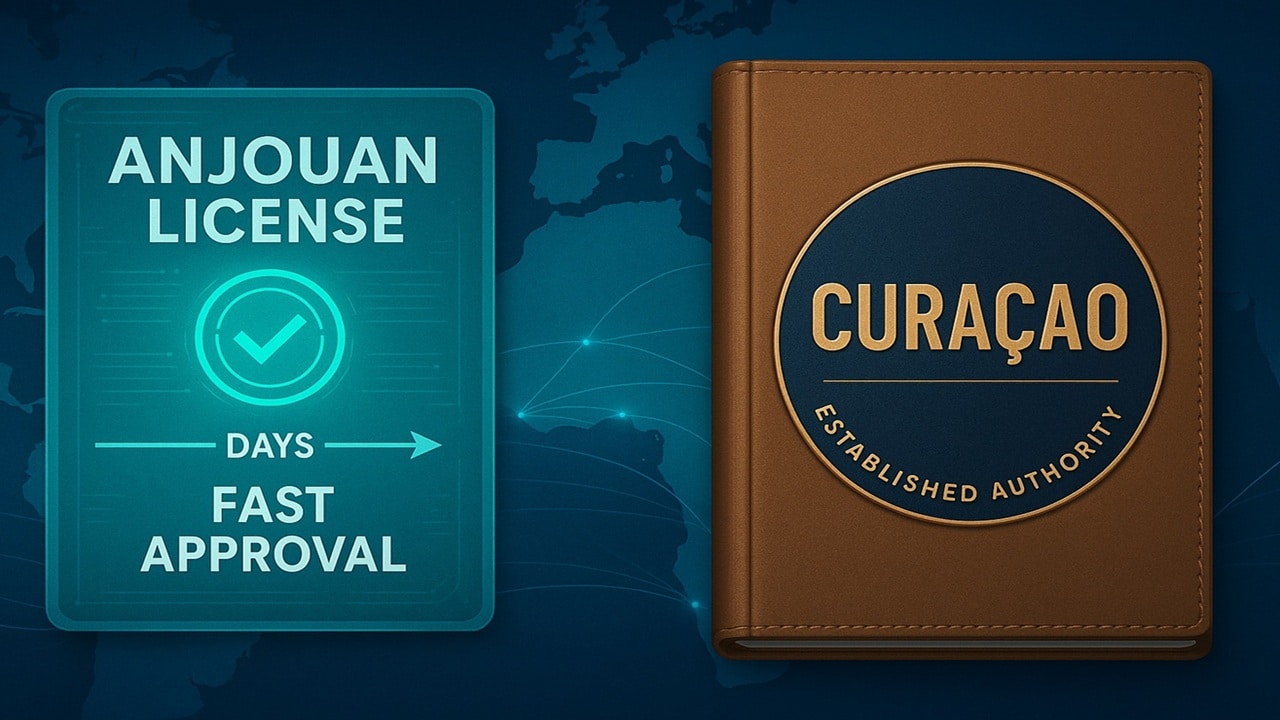



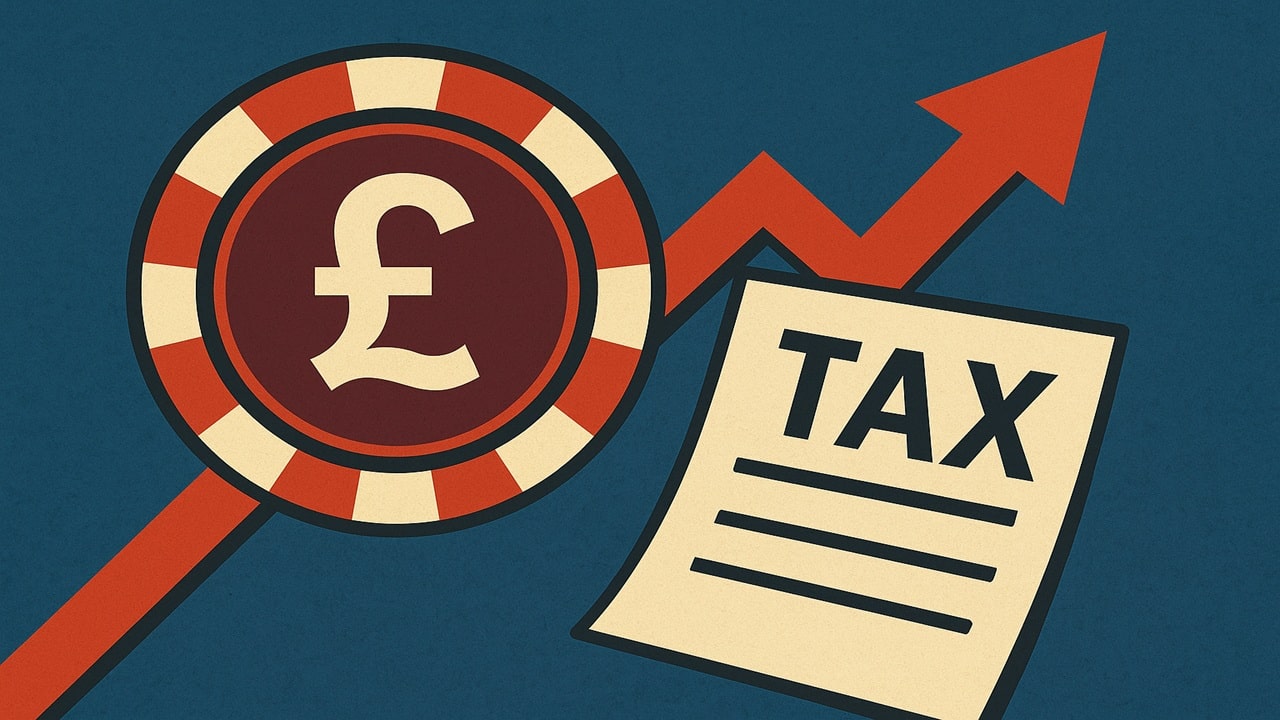


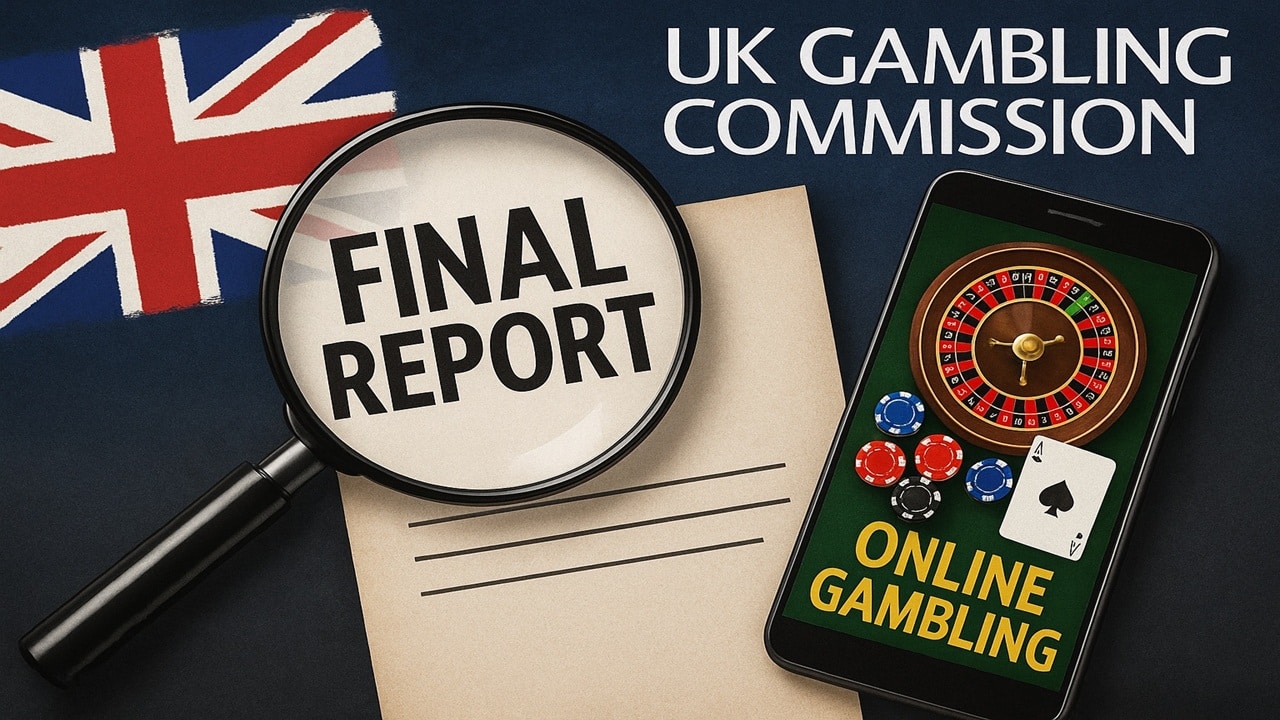



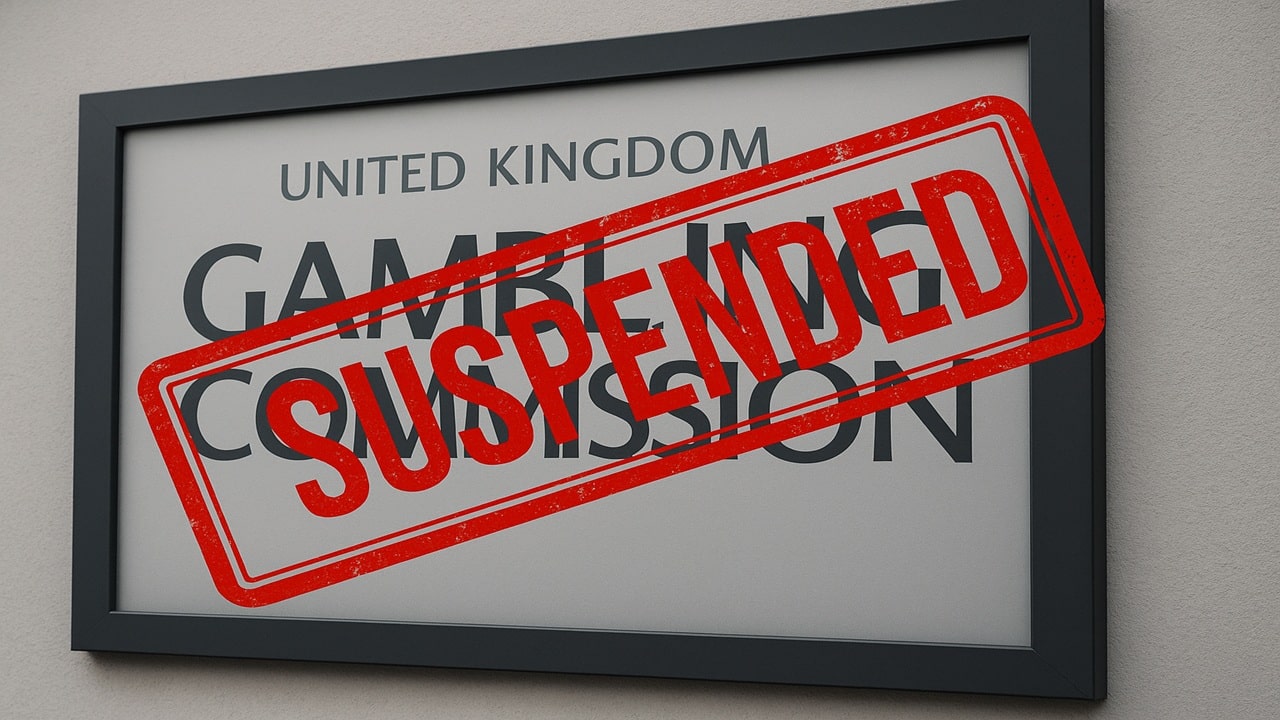
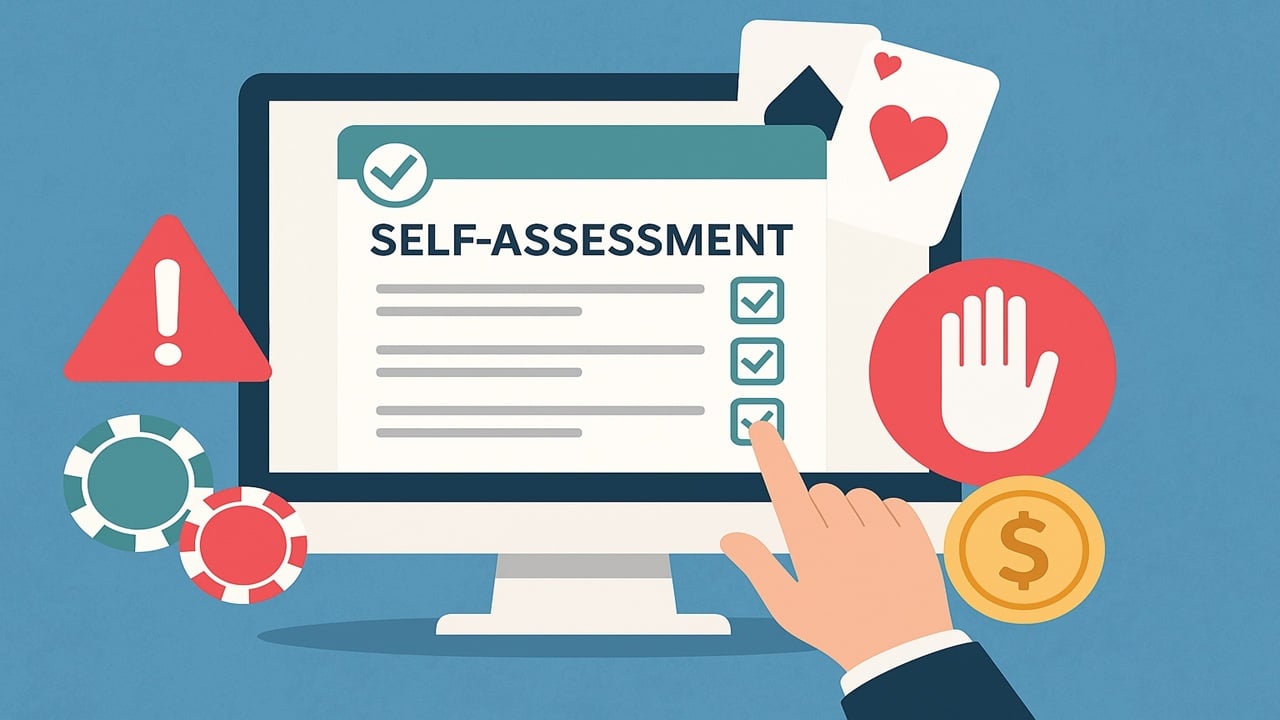




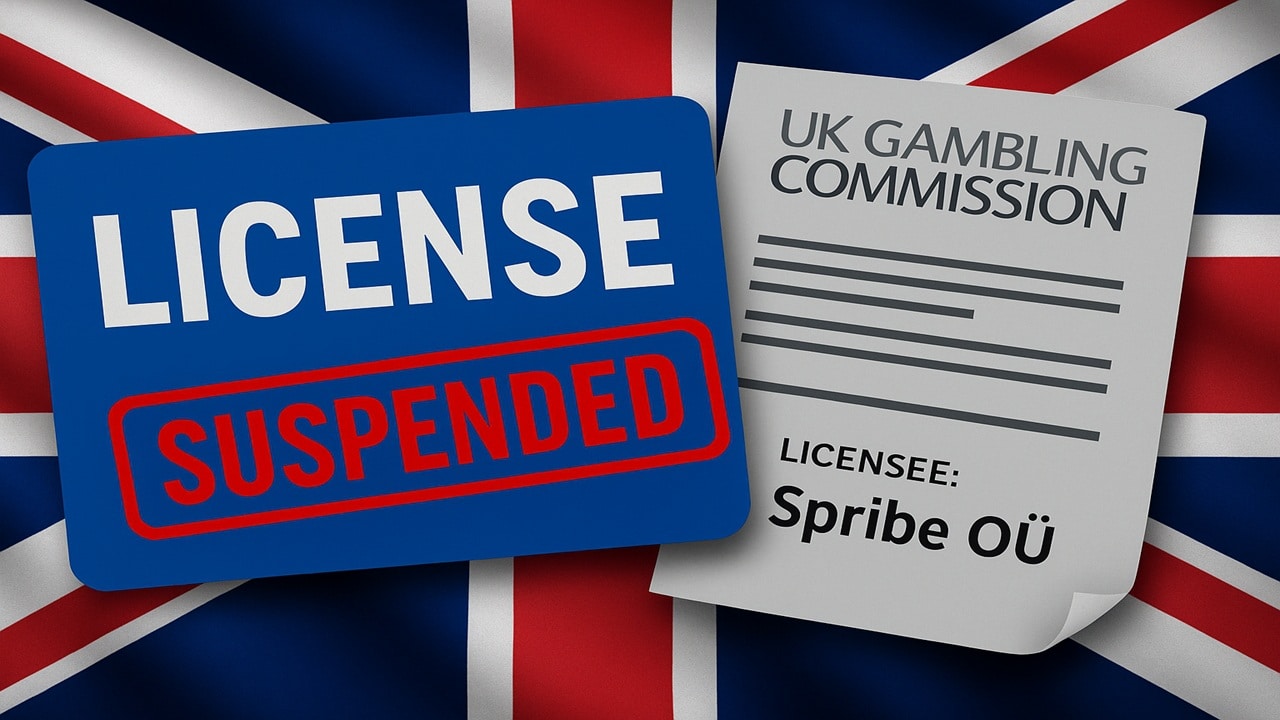


Leave A Comment